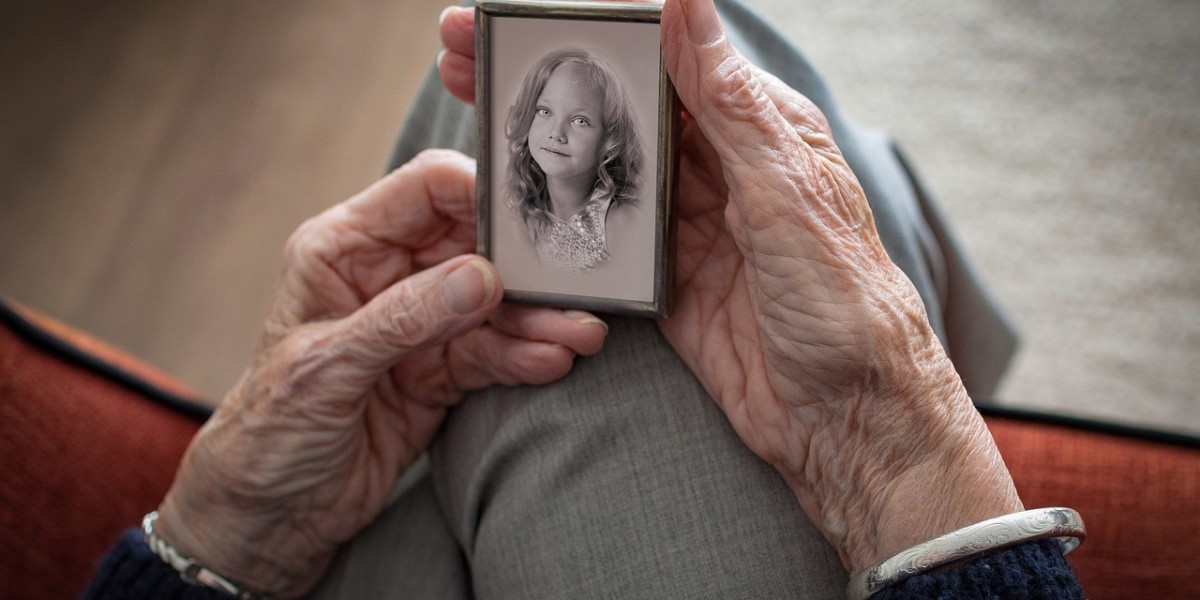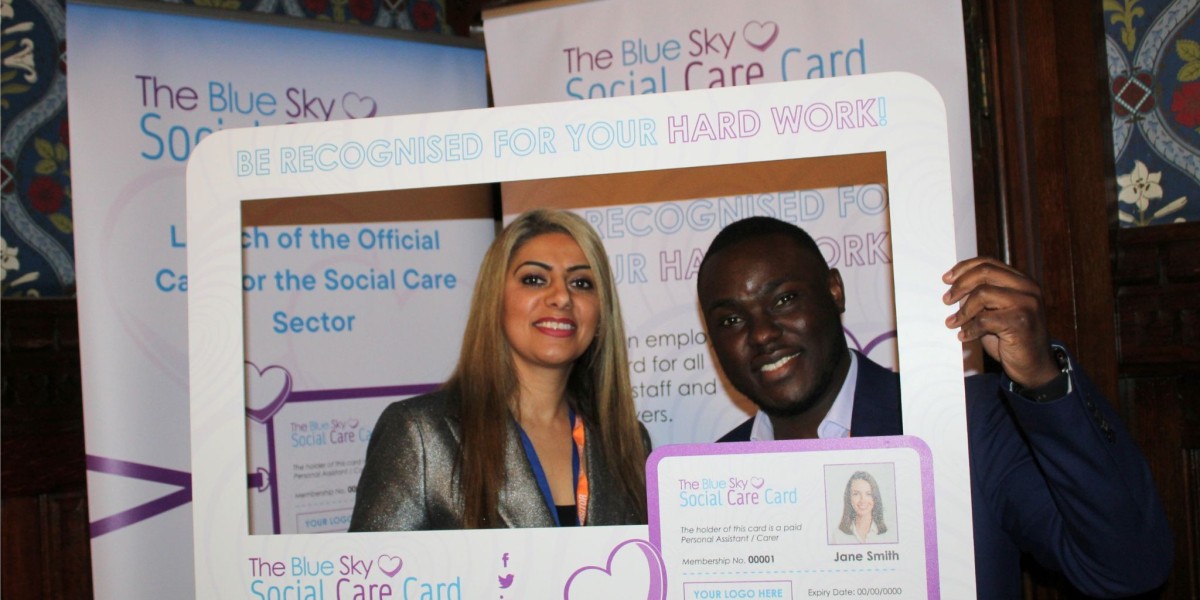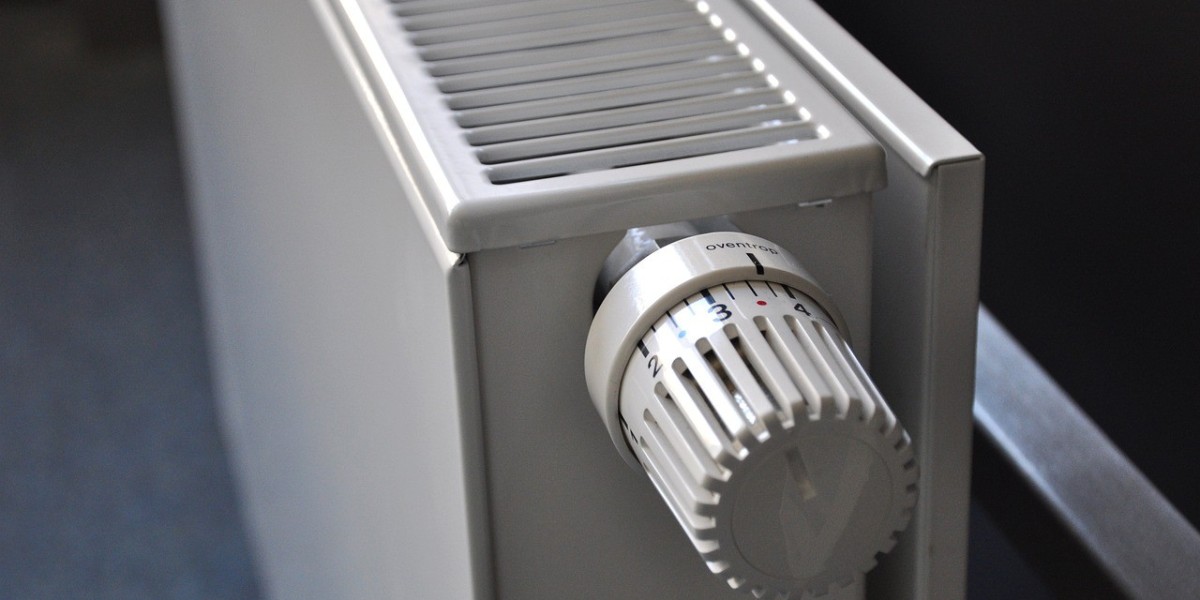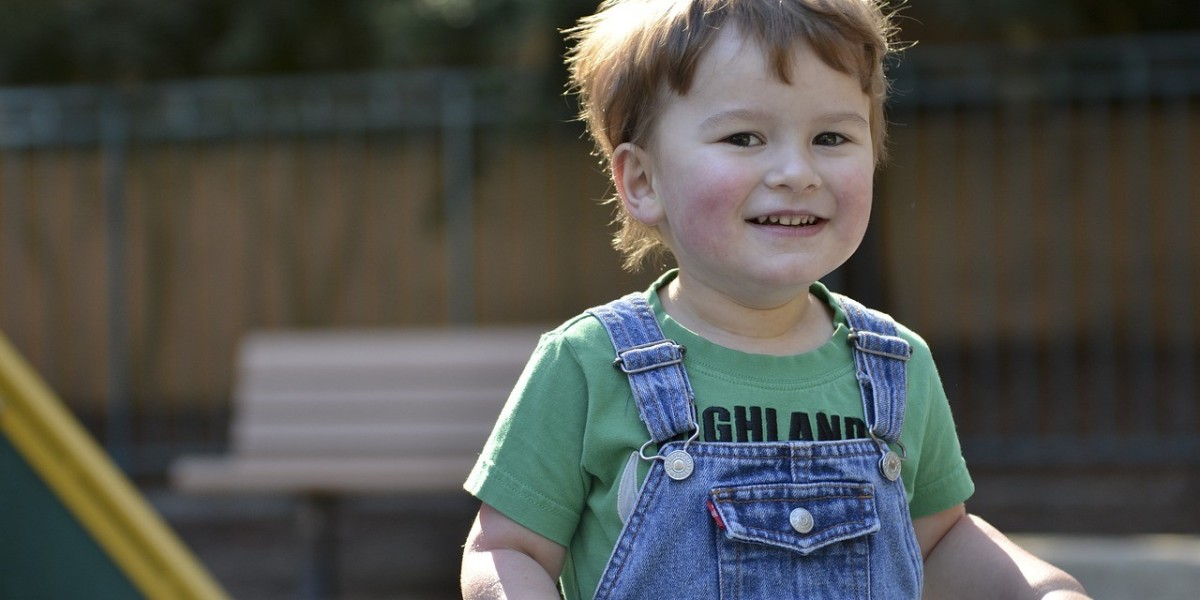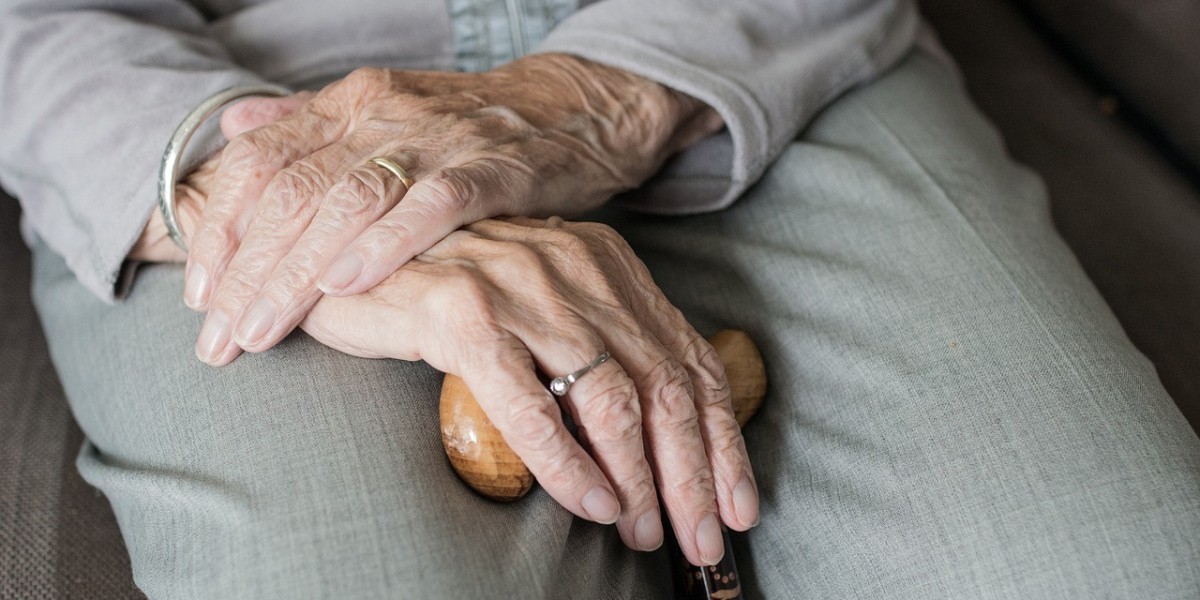The summer holidays are here—a time many families look forward to. But if you're caring for a child with additional needs, particularly those who are neurodivergent or have sensory processing difficulties, the six-week break can feel a little daunting.
Whether you're a parent, grandparent, sibling, or family friend helping out this summer, we’ve got some helpful tips to make your time together as enjoyable, calm, and inclusive as possible—especially when noise sensitivity is part of the picture.
Understanding Noise Sensitivity
Some children with autism, ADHD, or sensory processing disorders experience hyperacusis—a heightened sensitivity to everyday sounds. This means something as simple as the hand dryer in a public toilet or the sudden beep of a supermarket scanner can feel overwhelming, painful, or even panic-inducing.
Every child is different, but being prepared and tuned in to your child’s unique needs can help you plan ahead and support them when things get noisy.
Practical Tips for Getting Out and About
1. Do Some Sound Scouting
Before heading somewhere new, check their website or social media for information about the environment. Many places now offer "quiet times" or sensory-friendly hours—ideal for avoiding crowds, music, and loud announcements.
2. Pack a Sensory Kit
Take a small backpack with:
· Noise-cancelling headphones or ear defenders
· A favourite comfort item or fidget toy
· Sunglasses (great for managing bright lights too!)
· Snacks and drinks
· A visual schedule or activity cards if they use them
Having these on hand can help calm and ground your child if sensory overload starts creeping in.
3. Give a Heads-Up
Talk about your plans in advance. Show pictures of where you’re going and explain what to expect—loud sounds, queues, hand dryers, etc. Predictability helps reduce anxiety for many children with additional needs.
4. Make an Exit Plan
Let your child know they can signal you if it gets too much. Choose a quiet spot you can retreat to if needed, or plan short outings close to home so you can easily leave if things get overwhelming.
5. Try Outdoor Adventures
Nature is one of the most calming environments for children with noise sensitivity. Parks, woodlands, lakes, and gardens can offer soothing surroundings and plenty of space to move freely.
Tip: Go early in the day or late afternoon when it’s quieter, and avoid hot, busy peak times.
Support at Home
If you're spending more time indoors, try:
· Creating a visual daily routine to reduce surprises
· Sensory play (e.g., water beads, rice boxes, kinetic sand)
· Low-key activities like puzzles, Lego, or drawing
· Quiet zones at home where your child can go to decompress
Involve your child in planning your week. Giving them choices—however small—can help them feel more in control.
Looking After You
Caring for a child with additional needs takes patience, energy, and lots of love. Remember:
It’s okay if plans change
You don’t have to fill every moment
You’re doing your best—and that’s more than enough
If you need a breather, ask for help. Whether it’s another family member, a friend, or a local support group—you're not alone.
Join the We Talk Care Community
At We Talk Care, we understand the highs and lows of the school holidays. If you're caring for a child with additional needs, our friendly, supportive online community is here for you.
Share your tips, vent without judgement, or simply connect with someone who gets it. Because caring can feel lighter when it’s shared.



